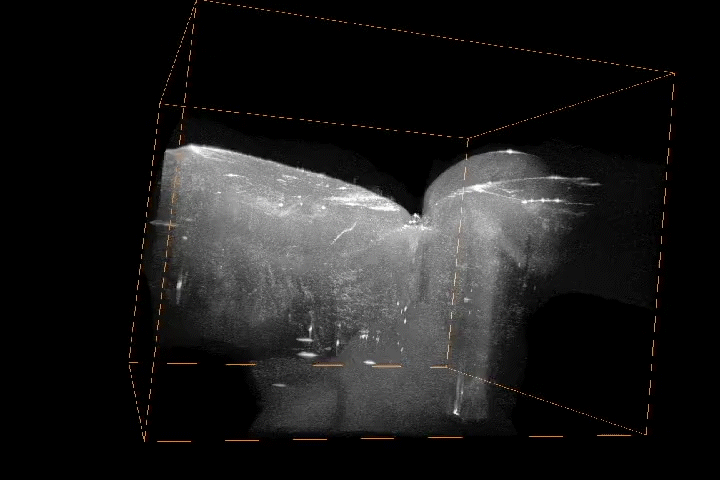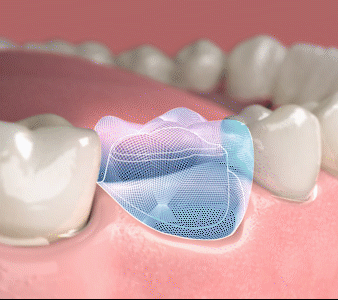It’s been more than 20 years since the da Vinci Surgical System received FDA clearance. Pretty incredible when you think about it. Robotic surgery and automation in general have come a long way since then, and a number of companies have entered the lucrative category, focused on all manner of different procedures. Surprisingly, robotic dental procedures have been slow to follow.
Let me get this out of the way up front — I’m squeamish about dental procedures. I don’t like thinking about them, don’t like talking about them and certainly don’t like having them. And like many of you reading this, I’m certainly not rushing out to have a robot perform a root canal on me any time soon. I said as much to dentist turned Cyberdontics founder and CEO, Chris Ciriello.

Image Credits: Cyberdontics
The executive notes that there are two big selling points here from the patient’s standpoint. First is efficacy. He says the system that Cyberdontics is developing will be capable of extremely accurate tooth cutting, down to around 30 microns. The second — and perhaps more important — is speed.
“If you’ve had something like a root canal, a crown or any of these types of procedures, where you’re spending an hour or two in the dentist’s chair and you’re spending multiple trips to go back and get it fixed,” he explains, “the idea that you can literally have this robot in your mouth for under one minute and you can be out the door 15 minutes later, is a game changer. For people that really don’t like the dentist, this is a really attractive way to get in and out a lot faster.”
The notion was attractive enough to warrant a $15 million Series A for the YC grad. The round, led by dentist chain Pacific Dental Services, will go toward additional R&D and bringing the system to market.
The system is supervised by the dentist and, like surgery robots before it, is designed to level access to such procedures amid a dentist shortage.

Image Credits: Cyberdontics
“Today, a dentist would cut a hole in your tooth and fill the hole with some type of material, whether it’s a crown, a filling, some kind of plastic they squirt in,” says Ciriello. “What we do is scan your tooth, then we virtually create a model of what the tooth will look like after we cut it. Then we can cut your tooth and fabricate a prosthetic at the same time, or we can fabricate the prosthetic in advance of the surgery. Then that piece will fit in just like a puzzle piece, right into the hole we cut.”
Cyberdontics “aspirationally” plans to launch its imaging process within the next year, with plans to introduce the robot within the next two, regulator approval depending.
Cyberdontics raises $15M for robotic root canals by Brian Heater originally published on TechCrunch
DUOS





